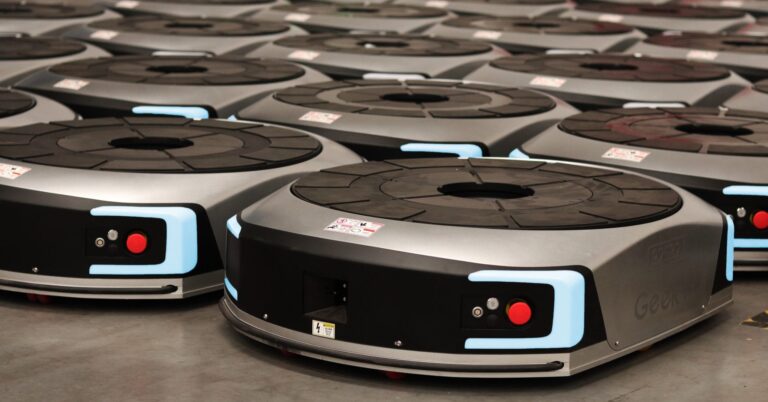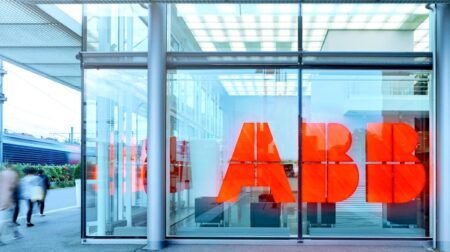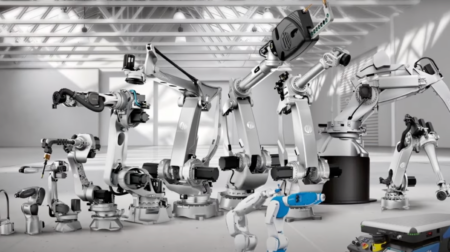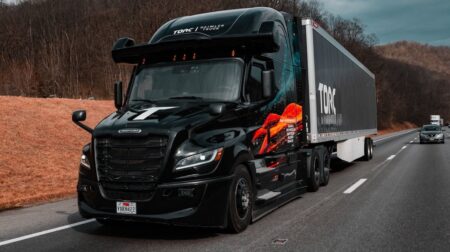Geek+, a provider of advanced robotics for logistics, has closed its Series C funding round at over US$200m.
According to the company, this is the largest fundraising in the industry to date, and follows a US$150m Series B funding round in November 2018.
The first part of this latest round was led by GGV Capital, D1 Capital Partners along with Warburg Pincus in Summer 2019, while the second part, finalised earlier this year, was led by V Fund and included Redview Capital and Vertex Ventures.
Yong Zheng, founder & CEO at Geek+, said: “We are thankful for the confidence our investors have in the Geek+ vision, strategy and the broad commercial applications of our products.
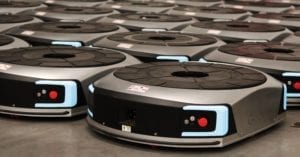
“Our robotics solutions already create real and visible business returns for nearly 300 companies worldwide.
“We are proud of our achievements, confident in our continued growth and the depth of innovation and commercial application still to be explored for logistics robots.
“We know AMRs to be the future of the global logistics, and are pleased with the investors’ confidence in their market prospects.”
Geek+ said it will use the investment to focus on deploying its CARE strategy.
This is designed to bring “concrete, immediate and long-term value to customers with efficient, flexible and scalable solutions; develop innovative AI applications to robotics and software in logistics; ramp up Robot-as-a-Service as an accessible business model for businesses; and increase relationships with technology and logistics ecosystem partners to lead a new digital supply chain.
The company’s current customers include Fortune 500 companies in retail, apparel, e-commerce, manufacturing, automotive, pharmaceutical and 3PLs.
Designed for warehousing and factory environments, its AI-driven robotics technologies include solutions for goods-to-person picking, a bin-to-person RoboShuttle system, disinfection robots, sorting, moving, forklifts, as well as fully integrated solutions for automated smart fulfilment centres and smart factories.
Geek+ recently introduced its first so-called ‘robots-making-robots’ factory, where all of its solutions are produced.

